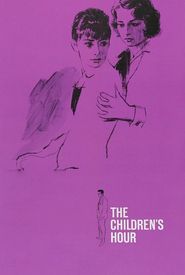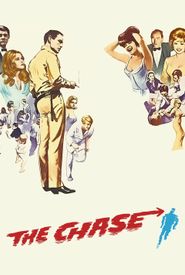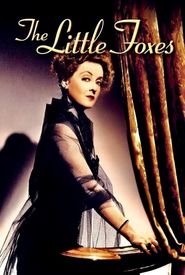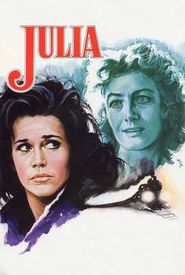Lillian Hellman, a trailblazing figure in the world of literature, emerged as a prominent force in the 1930s, embracing the radical political movement in Hollywood with unwavering dedication. Her independence, a rarity among women of her time, granted her writing an edgy quality that defied conventions. Born in New Orleans in 1905, Hellman's life took a dramatic turn when she was just five years old, relocating to New York where she would spend the majority of her formative years.
Hellman's academic pursuits led her to Columbia University, where she honed her writing skills. Her marriage to Arthur Kober in 1925 marked the beginning of a literary career that would span decades. Hellman's work in publishing and her writing for the Herald Tribune laid the groundwork for her future success. When Kober landed a job at Paramount, the couple relocated to California, where Hellman would meet Dashiell Hammett, a relationship that would endure for three decades.
Hellman's first major triumph was the play "The Children's Hour," a masterpiece based on a true incident in Scotland. The play's immense popularity catapulted Hellman to the forefront of the literary community, solidifying her reputation as a formidable playwright. Her subsequent play, "Days To Come," however, met with a resounding failure, prompting Hellman to embark on a European sojourn.
During her time in Europe, Hellman immersed herself in the Spanish Civil War, traveling alongside the renowned writer Ernest Hemingway. Upon her return to the United States, Hellman penned "The Little Foxes," a play that premiered in 1939 and yielded a financial windfall. Hellman's subsequent foray into screenwriting earned her a comfortable living, as she joined the ranks of esteemed writers like Dorothy Parker in Hollywood.
However, the 1940s brought a new challenge for Hellman, as she faced the Un-American Activities Committee and the threat of blacklists and tax problems. Despite these obstacles, Hellman remained a vocal advocate for her political beliefs, traveling, lecturing, and promoting her work until her untimely passing in 1984 at the age of 79.
Despite her passing, Hellman's legacy endures, with "The Little Foxes" continuing to captivate audiences across the globe. The play, along with her other works, remains a testament to Hellman's unwavering dedication to her craft and her unrelenting commitment to her beliefs.

























